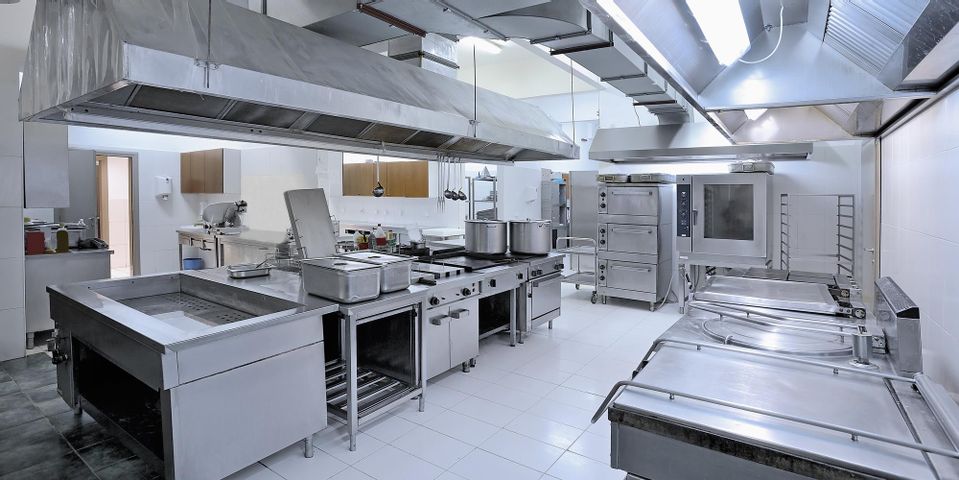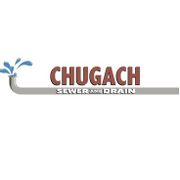
Restaurant owners must maintain their plumbing to ensure the kitchen is working at all times. That means preventing buildup in the pipes and keeping drains clear. It also means caring for the grease trap. If you haven’t cleaned this component of your kitchen, read the following guide to answer some of the questions you might have.
A Guide to Grease Trap Cleaning
What is a grease trap?
Commercial kitchens feature a container that collects fats, oils, and greases. These substances float through your drains and are caught in the grease trap, which resides in the kitchen or underground outside.
Most cities require restaurants to have these holding tanks to prevent fats, oils, and greases from entering the sewer where they can clog up the system. Facilities that don’t comply may incur fines.
What happens if you don’t have it cleaned?
When grease traps overflow, they force waste into the city sewer and may send bad odors through the kitchen drains. Often, flies accumulate around these areas, posing a danger to your food, guests, and staff.
Grease buildup on the pipes can cause sewage backup that affects the entire area, potentially sending gray water and waste into local homes and businesses. If you neglect to clean the grease trap regularly, you may need to replace plumbing fixtures like pipes and faucets because the buildup can cause them to corrode and leak.
When should you schedule service?
 Municipalities recommend that restaurant owners clean their grease traps regularly to maintain a 25% capacity. Some restaurants can follow these regulations with quarterly cleaning, while others need monthly service to maintain this plumbing essential. You should document your appointments so you can keep up with your cleaning schedule.
Municipalities recommend that restaurant owners clean their grease traps regularly to maintain a 25% capacity. Some restaurants can follow these regulations with quarterly cleaning, while others need monthly service to maintain this plumbing essential. You should document your appointments so you can keep up with your cleaning schedule.
What happens during a cleaning appointment?
When it’s time for a grease trap cleaning session, the technician will attach a pump to the tank and remove the debris. Then, they’ll clean out any built-up layers from the tank sides and offer data on how much waste has collected since the last cleaning.
The professional may recommend changing how often you get cleanings to ensure the tank doesn’t fill over 25 percent. Before leaving, the expert will offer a report to explain what they did, and the accumulation amounts so you can submit this data to the city if needed.
If you’re interested in scheduling grease trap cleaning, contact Chugach Sewer and Drain in Anchorage, AK. The plumbing experts offer rooter and hydro-jet cleaning, plus camera services, grease trap pumping, and more. Call (907) 929-5072 or visit the website for information on their experience with residential and commercial customers.
About the Business
(7 reviews)
Have a question? Ask the experts!
Send your question

